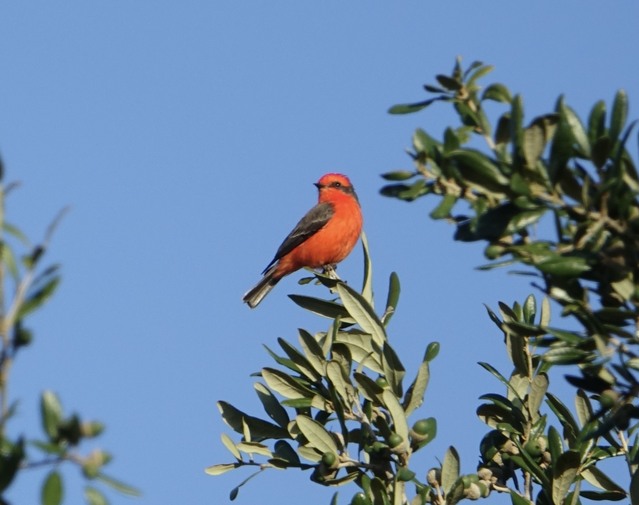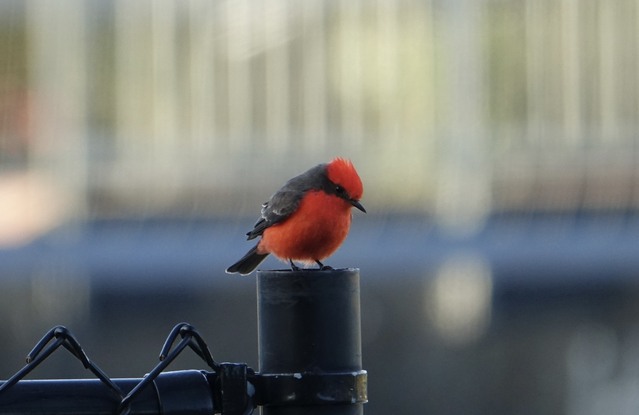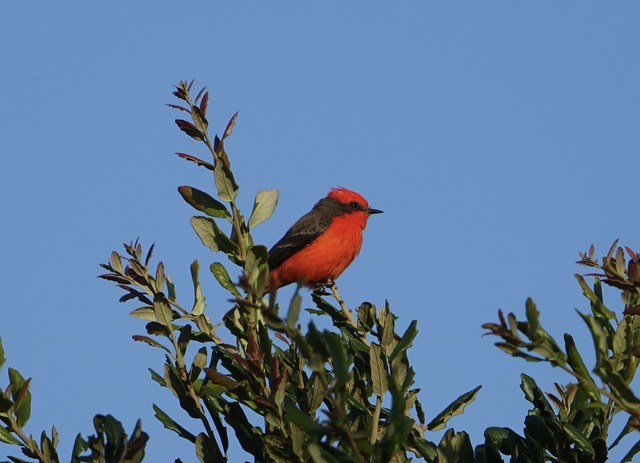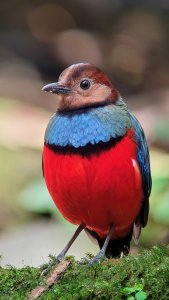I keep having this desire to ditch my camera at home, and only bring binoculars. There seems to be a constant pull and trend toward photographing birds but I can't help but shake these feelings. Has anyone else had this "purist" mindset that is more romantic of how birding started out? Some recurring thoughts:
- Simplicity: Binoculars are ALL you'd need to carry. Leave the camera at home. No need to share. Be IN the moment
- ULTIMATELY life is too short to spend countless hours on photography, camera maintenance, photo editing, photo sharing, etc. My life is busy enough as it is!
- I STILL get to add the birds to my life list just the same, my own rules and letting go of if I'm 100% sure or relying on others to confirm it for me, which is again more work and less birding
- You get to use BOTH eyes while viewing the bird and in 3D
- Bird-watchers look AT birds; birders look FOR them. I can still look for them but might as well look at them more too.
- Cameras are WORK. They require constant PRACTICE. This effort goes against the idea of being ONE with nature.
- I should come back from birding being REFRESHED not more burnt out. I should want to do my ACTUAL JOB without having gone so far into
the technical weeds of photography that it's hard to juggle both
- What keeps it interesting is LEARNING about birds, you can still share facts about birds, which is what people are mostly interested in
- You can't use bins and a camera at the same time, so why would you want to set the bins down?
- With binocular viewing, you experience the FULL thing, including the sounds it's making not framing a shot!
- Binoculars alone is still just as much a "hunt" if you want it to be
- I'll still always have an iPhone camera on me, to document the trip in general, just not the birds.
- Even the best photographers MISS many many shots. They could have just enjoyed the birds with bins instead!
- I'm not a professional, no one is paying me for my shots. I could focus on low quality / superzoom/point and shoot shots but why not just HQ binoculars/Field guide?
- I don't like the way I view birds through photos. I treat them as if one SPECIES is all each individual bird is. When in reality birds
of the same species are like humans, they have different personalities, behavior, etc, which is often missed if we're photographing
- Without a camera, i'm free to go out in the low light dusk and dawn or bright noon and not worry it's "not good lighting for photos"
- With binoculars if there's no birds currently around I can still enjoy the view of whatever else (flowers, animals, mountains, etc)
- Birds rarely sit still but with binoculars you can follow their movement and actually view them much better
So what if you don't get the shot? It will be rare that you'll see a rare bird and you can still SAY you did, who cares about proof?
- You're still just as much a birder, if not more so. Photos feel more from the ego "wanting to prove what you saw or how good your photo is"
- You can focus on RELAXING in nature rather than hurrying around trying to get closer, get the shot, lugging bulky equipment, etc
- You don't have to WORRY about not seeing new birds, getting a good shot, camera settings,
- You don't have to worry about how you're going to find the time to sort through, edit and share all your photos
- You save money not needing a Adobe Lightroom subscription, new camera gear, etc
- You can still share what birds you saw, by sending online existing photos to give people an idea if they're interested
- You don't have to worry about someone possibly wanting to mug you for your expensive camera gear
- Imagine feeling bad because "not many people on instagram LIKED my AMAZING photo!" How could they, there's too much content!
Note: I'm certainly not knocking anyone for taking photos. I've done it since I got into this hobby 17 years ago but it feels more like a chore than a passion ATM. My ONLY concern is will I regret it later if I didn't get the photos. I've thought of "digiscoping" or "super zoom lenses" but that still just ends up back into photography mindset.
The goal of this post is just to see if anyone else feels the same way, not to drum up arguments about how my points aren't necessarily true. I'm very aware that there's a way to still look at cameras and photos as a bonus, not a subtraction. Thanks.












